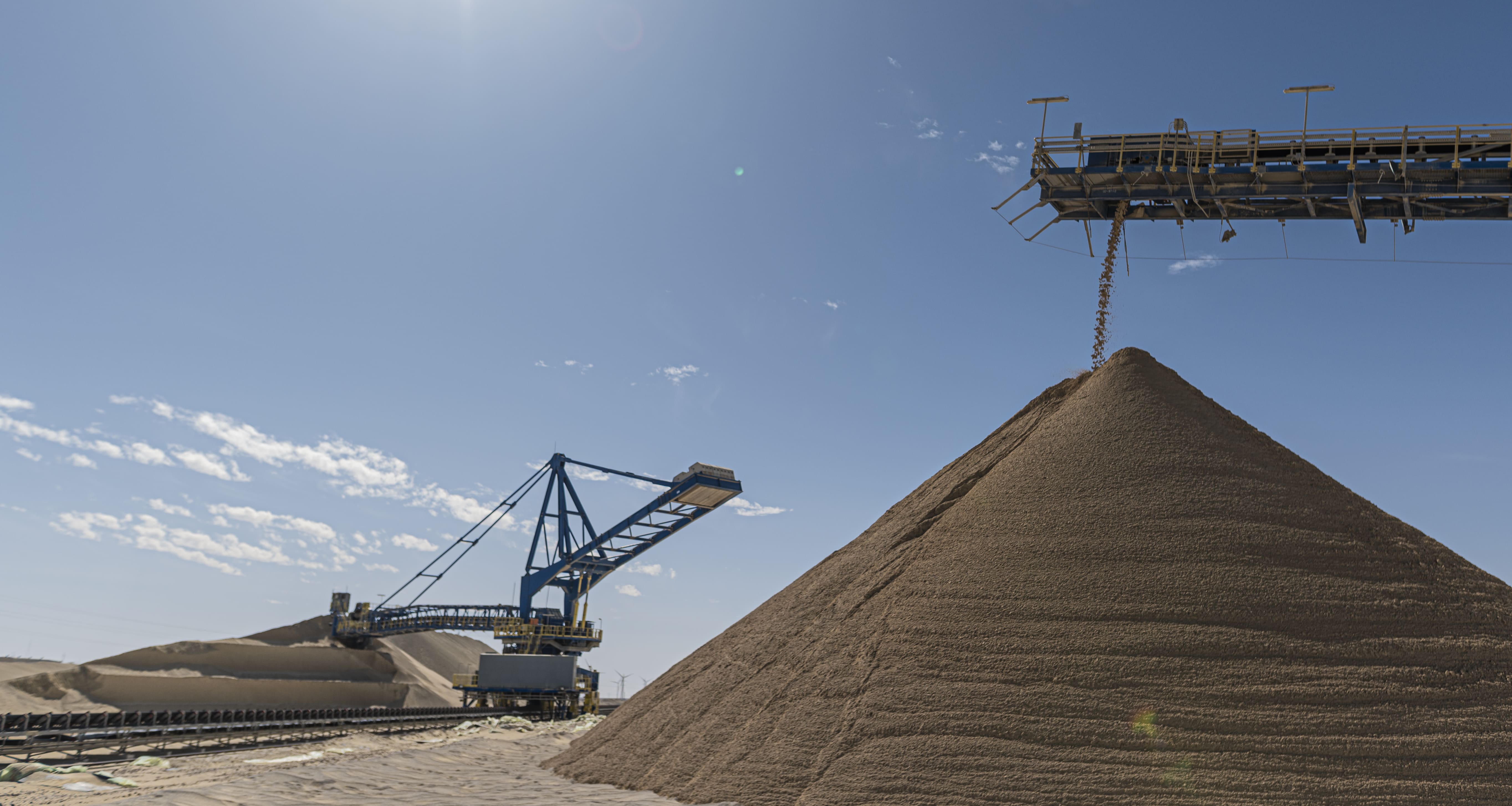
OCP Group reaffirms its commitment to support positive change in the regions where it operates, in particular through its subsidiary Phosboucraa. By launching an ambitious program of industrial development, Phosboucraa aims to create more value at the regional level, through the launch of a state-of-art fertilizer manufacturing plant.
The ongoing capacity building in our operations in Phosboucraa recently saw the completion of the USD 93.5 Million element of our Industrial Development Program equipping us with extra storage capacity of 150,000 tons in Boucraa, with 110,000 tons before washing and 250,000 tons after washing in Laayoune.
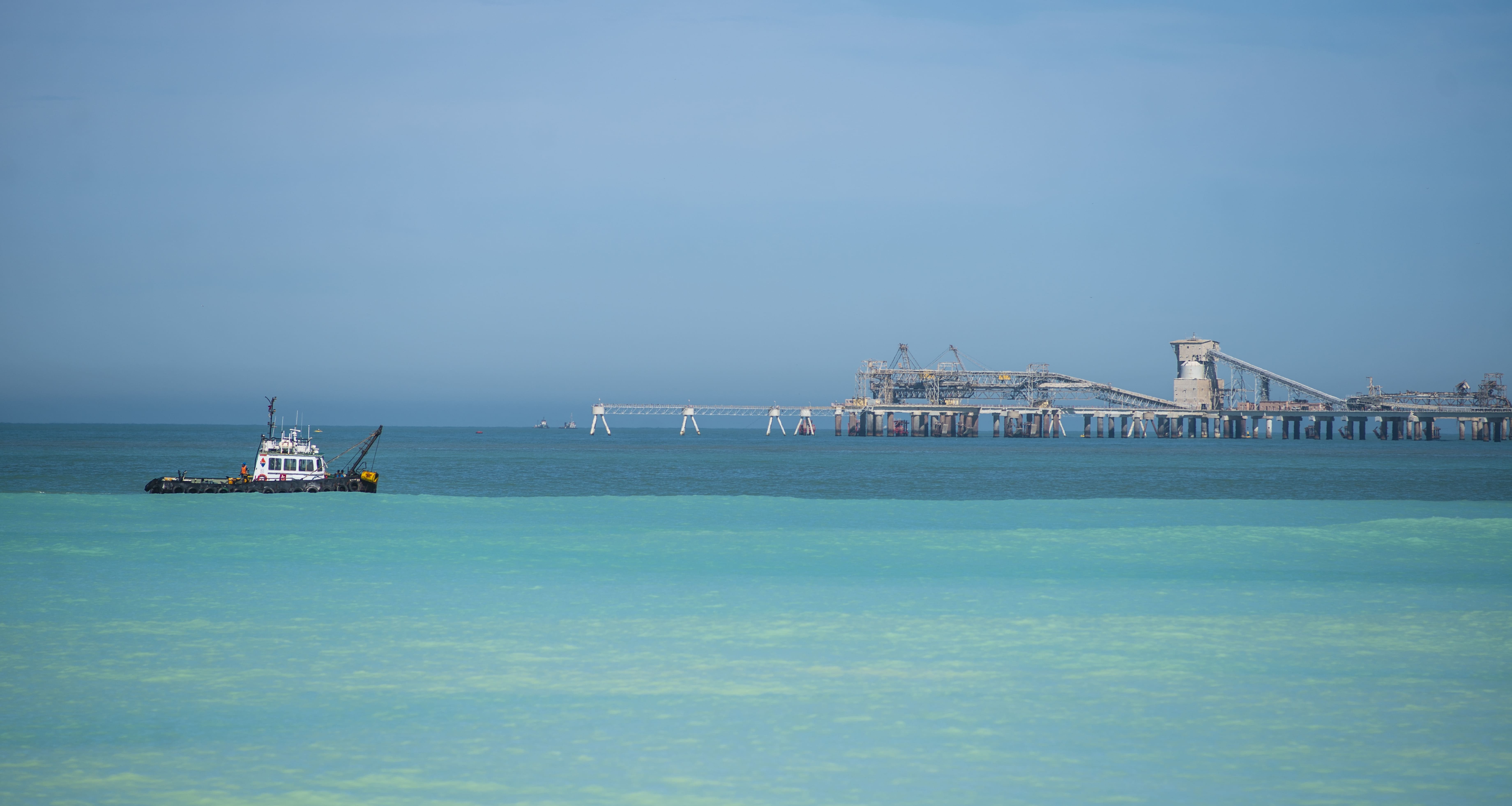
Investment of USD 208 Million is equipping Laayoune with a new washing and flotation unit, doubling our capacity from 3 to 6 million tons per year.
Further investment of USD 583 Million is funding the construction of the new wharf in Laayoune, the longest in the world, with a bridge extending 3.4km for loading phosphate onto ships. In the first phase, the wharf will have a capacity of 5.2 million tons per year with two quays. By the second phase, the wharf will grow to three quays and a capacity totaling 8.2 million tons per year.
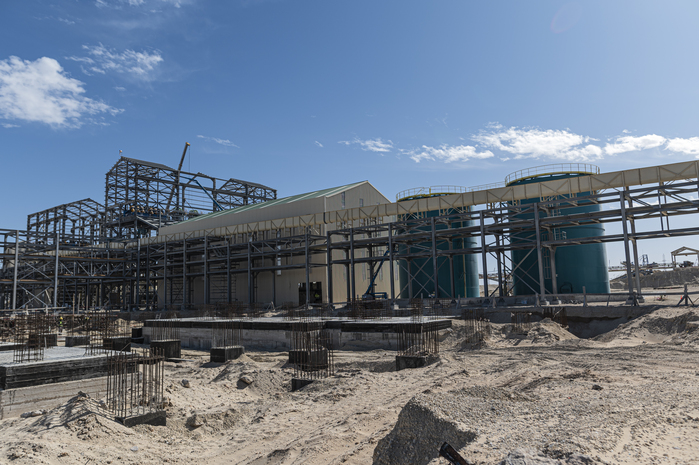
Our USD 1.8 Billion industrial development program will allow us to add even more value to the phosphate we mine, ensuring that the products meet the highest standards at every step along the value chain. By 2026, we will open a fertilizer complex capable of manufacturing 1 million tons of fertilizers (eq. DAP/MAP) per year.
Fertilizers are essential for delivering the agricultural yield growth necessary to feed the world’s growing population. It is estimated that mineral fertilizers are responsible for some 50% of global food production.
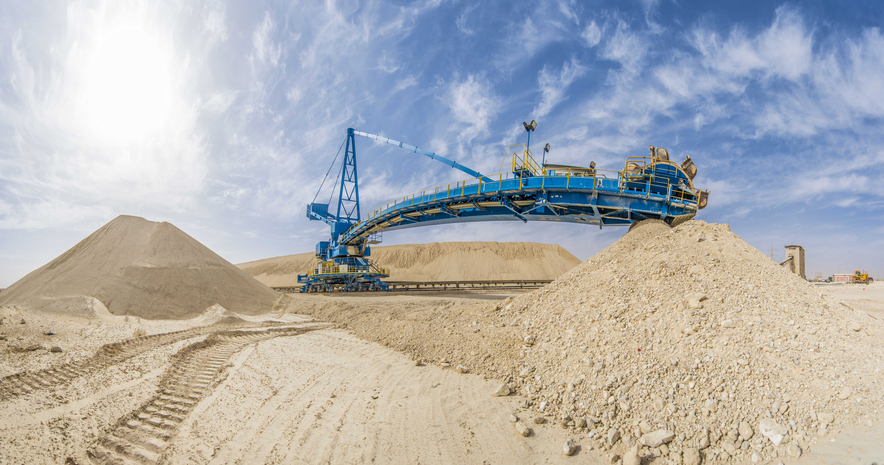
By processing phosphate rock, we aim to develop and manufacture customized fertilizers that will increase agricultural yields by enhancing soils, in total compliance with OCP Group’s core value of sustainable and ethical development.
Our industrial capacity building not only allows us to increase the lifespan of Phosboucraa’s reserves from 43 to 75 years, but it also maintains control of the entire fertilizer value chain. It ensures that the highest quality standards are delivered in a sustainable manner.
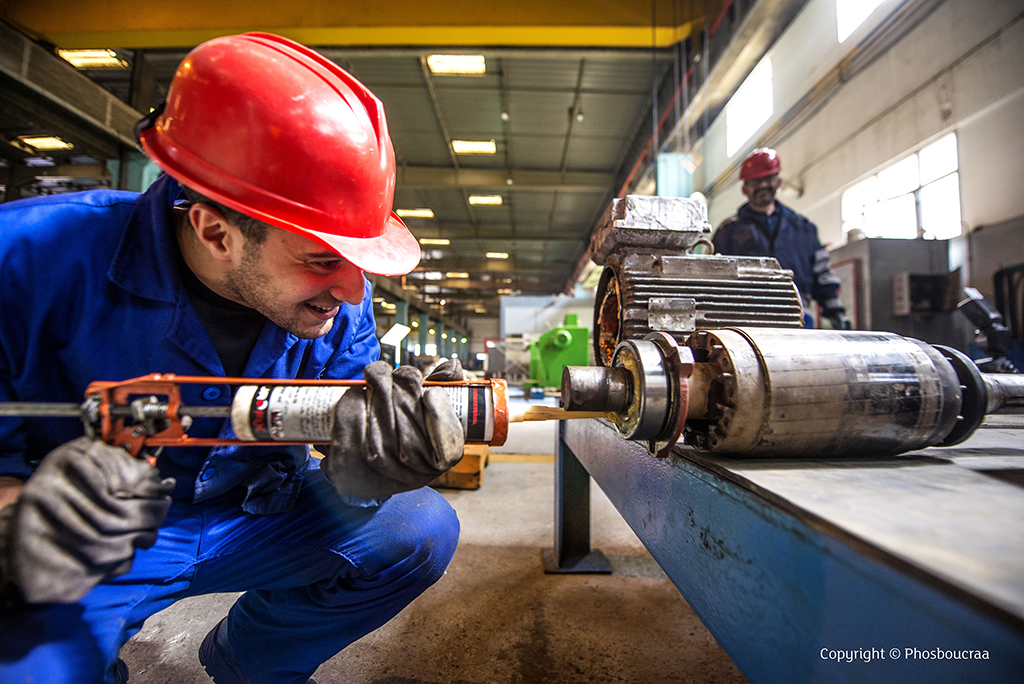
When OCP purchased the remaining 35% of Phosboucraa in 2002, it committed to reinvest all the profits from the Southern Regions back into the Southern Regions. Through its access to global capital markets, we will be able to not only improve our phosphate exports, but manufacture phosphate-based products here. This is a “win- win” as it will generate greater revenues, creating more jobs for local people and earning more profits that Phosboucraa can reinvest here.
When complete, the new plant will produce phosphate-based fertilizers. Fully integrated, the facility will run the entire process from receiving raw rock to exporting finished products via the wharf, both packed and in bulk.

This project will be transformative for the region. In addition to the Phosphate Fertilizer Complex itself, a plant of this scale has major multiplier effects for the local economy, having a direct and indirect impact of USD 4.8 Billion on the Sahara’s economy (in terms of local wages and revenues generated by local businesses) and creating up to 54,000 new full-time jobs in the region.
These benefits are amplified by our commitment to invest 100% of our profits in the region through the Phosboucraa Foundation. The Foundation will use the additional funds to include even more people share in the benefits of their region’s rich resources, through supporting entrepreneurship projects and training to support the region of tomorrow.
